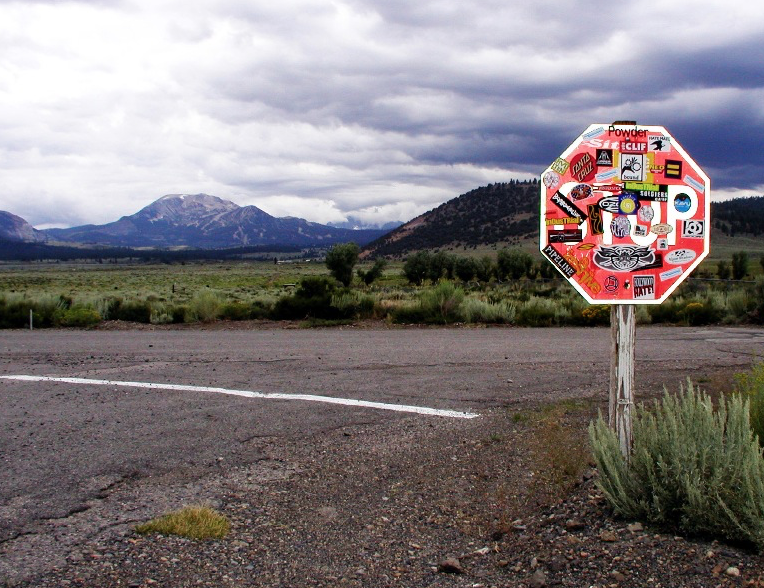Can we end capitalism?
Posted by T.Collins Logan on
First of all, capitalism is already striving mightily to end itself — by being inherently unsustainable, extractive, exploitative, and fraught with negative externalities that seem to balloon exponentially with each passing year — so we may not need to take active steps to end it.
That said, plenty of folks have offered viable alternatives to traditional capitalism, and proven that they work quite well. These include:
- Left-anarchist mass societies (see List of anarchist communities), some of which still exist today.
- Non-profit worker’s cooperatives (see List of worker cooperatives), many of which have done better than competing capitalist enterprises.
- The “common pool resource management” examples documented by Elinor Ostrom’s research, most of which arose organically as a non-capitalist, non-statist approach to managing the commons.
- Some pretty nifty market socialist approaches that create an interesting hybrid (one example being Switzerland’s non-profit health insurance system).
There are of course many other approaches that include “lessons learned” from failed socialist experiments — the book The Economics of Feasible Socialism Revisited by Alec Nove comes to mind.
And here is my own offering: L e v e l - 7 Overview
Really capitalism hasn’t been around that long — it was a natural evolution from feudalism and mercantilism, and has never been entirely free of crony capitalist corruption. Mixed economies that combined capitalism, socialism and strong civic institutions offset some of the worst abuses of capitalism in most of the developed world for a few decades, but even those efforts are now failing. So again…capitalism is already ending itself.
The real question, IMO, is whether we will be able to arrest the free fall and introduce something new before everything crashes and burns.
Stay tuned….
That said, plenty of folks have offered viable alternatives to traditional capitalism, and proven that they work quite well. These include:
- Left-anarchist mass societies (see List of anarchist communities), some of which still exist today.
- Non-profit worker’s cooperatives (see List of worker cooperatives), many of which have done better than competing capitalist enterprises.
- The “common pool resource management” examples documented by Elinor Ostrom’s research, most of which arose organically as a non-capitalist, non-statist approach to managing the commons.
- Some pretty nifty market socialist approaches that create an interesting hybrid (one example being Switzerland’s non-profit health insurance system).
There are of course many other approaches that include “lessons learned” from failed socialist experiments — the book The Economics of Feasible Socialism Revisited by Alec Nove comes to mind.
And here is my own offering: L e v e l - 7 Overview
Really capitalism hasn’t been around that long — it was a natural evolution from feudalism and mercantilism, and has never been entirely free of crony capitalist corruption. Mixed economies that combined capitalism, socialism and strong civic institutions offset some of the worst abuses of capitalism in most of the developed world for a few decades, but even those efforts are now failing. So again…capitalism is already ending itself.
The real question, IMO, is whether we will be able to arrest the free fall and introduce something new before everything crashes and burns.
Stay tuned….


